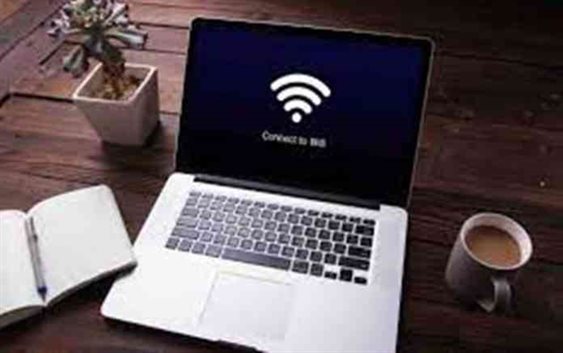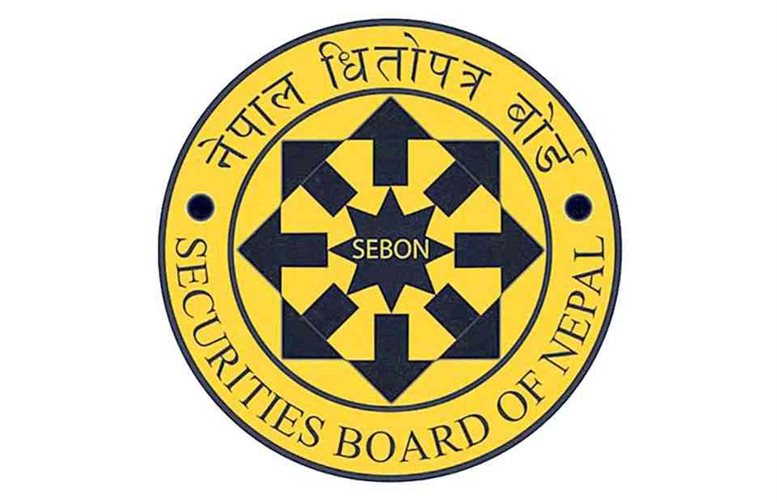16 March 2021, Kathmandu
A few days ago, on the 30th of November, we celebrated World Computer Security Day. On this occasion, best practices in cybersecurity have been promoted around the world by raising public awareness of online security.
As the Internet and computers have become an important part of our lives, it is time for us to be aware of computer security on a daily basis.
WiFi network is a target for hackers and bad characters all over the place, house, workplace. That’s why security is always important. Many people are under the misconception that hackers are not involved in the home network. That’s why many of us are still sloppy about keeping our home network secure.
These are some ways to keep WiFi safe:
Update:
One sure-fire way to get to the end of your life is to have a fast and consistent security fix. Put patches to all access points, modems, and routers on your network. Patch all devices linked to the network as well.
Also, search to see if your firmware is updated. If there is no update, make the patch available immediately.
Check the encryption settings:
It is recommended that you use at least WPA2-PSK (AES) encryption, called WPA2-CCMP. PSK stands for Pre-Shared Key. This is the kind of password you need to attach to the network first.
WPA2 was first approved in 2004 by the WiFi Alliance. If the router you are using does not support WPA2, upgrade to the newer one.
Make a strong password:
Choose a strong password to ensure your WiFi network protection. Simple passwords can be frustrating for anyone. When you give such passwords to friends or hold them on their computer, they can easily remember and misuse them.
So pick the passwords that outsiders don’t know easily. Get rid of the habit of placing passwords on your home computer.
Check who’s on WiFi:
You need to verify which devices have access to your WiFi network for security reasons. You can see the devices linked to the network from the management page of most routers that can be accessed from your web browser.
If you have an unauthorized computer on your network, disable it. In addition, changing the WiFi password is an appropriate solution in such situations.
Now doing all the above things doesn’t mean you are safe from hackers. These above ways are the only precautions. So that hackers can’t get access to your device easily. There is some safety measure you need to do in your everyday life:
- Well, we all use the Internet, don’t allow anything on the websites unless you are familiar with the environment.
- Don’t save your password on any browser.
- Don’t click on the unnecessary links because those may be phishing sites to get your information.
- Read about the cyber attacks happening around the world so that you can be from them.











